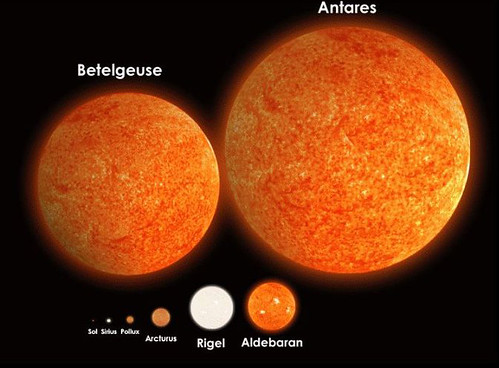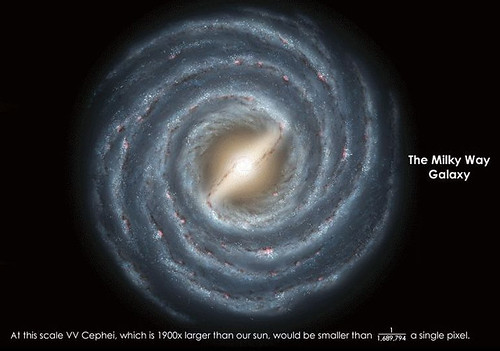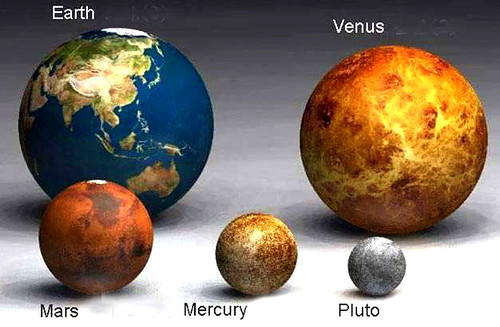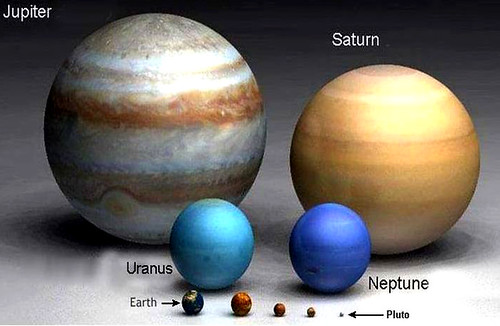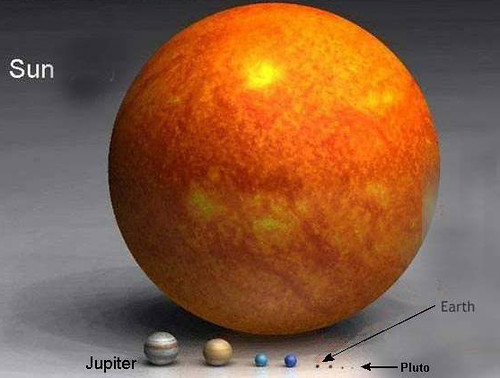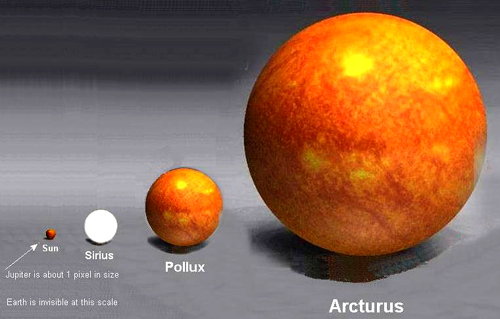Quote of the day:
"Yesterday I was a dog. Today I'm a dog. Tomorrow I'll probably still be a dog. Sigh! There's so little hope for advancement."
~ Charles Schulz
This morning's image is from
The Finest:
 BODY
BODY~ From T-Nation:
One Mile to Ripped, Part II --
by Warren Scott Smith.~
Study Suggests That Body Composition Is Key Player In Controlling Cancer Risks -- Lower bodyfat means lower estrogen, a contributing factor to many cancers. According to the article, lower bodyfat levels simply correlate with lower cancer risks, they just don't tell you why.
~
Top 10 Health Stories of 2006 from ABC News.
~
Want longevity and a sharp mind? It's in the genes -- "A variation in a particular gene involved in regulating cholesterol is known to be associated with longevity, and now it seems it also confers mental sharpness in old age, according to new findings."
~
No One Knows -- Or is Telling You -- How Much Toxins Are in Your Potato Chips. Simple: don't eat chips.
~
Which diet is best for you? -- These diets are aimed at personality types, which is not a bad idea. But the best diet is
the no-diet approach that will keep you healthy for life, not for a few weeks of weight loss.
~
New Year, New Understanding of How Fasting Affects the Brain -- "A protein in brain cells helps keep appetites alive during fasting and plays a role in a complex molecular mechanism that may be involved in diabetes and obesity."
PSYCHE~
Dawn simulator curbs wintertime blues -- Help for those with seasonal affective disorder. "For people who suffer from winter depression triggered largely by reduced sunlight, a bedside device that simulates the rising of the sun may provide relief, a study shows."
~
Jury still out on fish oil for depression -- I have clinically depressed clients who use fish oil. They still take their meds, but they take less of them and have shallower lows.
~
Smokers More Likely To Think Fate Decides Who Gets Cancer -- Magical thinking, anyone?
~
Memory And Future Thought Go 'Hand-In-Hand' -- "Human memory, the ability to recall vivid mental images of past experiences, has been studied extensively for more than a hundred years. But until recently, there's been surprisingly little research into cognitive processes underlying another form of mental time travel -- the ability to clearly imagine or "see" oneself participating in a future event."
~
What is empathy? -- "Like many terms in psychology, it can seem intuitively obvious what 'empathy' means, but on closer inspection the definition is not so clear."
~
Homesickness as Psychological Condition -- Are we pathologizing everything?
~
ADHD and Essential Fatty Acids -- This is the new treatment, fish oil to the rescue.
CULTURE~
'Brainy' chickpeas conquered the world -- "Could the humble chickpea have changed the course of history? The Mesopotamian civilisation may have risen with bellies full of them."
~
Cost Of Caring For Elderly Parent Affecting Retirement For Baby Boomers -- It's a tough world when the folks live long enough to be a burden to their retired kids.
~
Few openly gay teens tell their doctor. "Most lesbian, gay and bisexual teenagers who are "out" do not tell their doctor their sexual orientation, according to a survey by the RAND Corporation and the University of California, Los Angeles."
~
Drug Abuse Rising Among American Adults -- Strangely enough,
it's dropping among teens. I guess the parents are bogarting the
spliff.
~
Pat Robertson predicts 'mass killing' -- Can't we just institutionalize this guy? God told him there would be a terrorist attack late this year -- which has nothing to do with keeping his sheople scared enough to keep sending him their hard-earned money.
~
Clock Starts Ticking on Democrats' 100 Hours -- "After a dozen years in the minority, Democrats are preparing to wield power on Capitol Hill by moving through an ambitious agenda in the House, but many are waiting to see exactly what they will be able to accomplish with a Republican in the White House and the barest of majorities in the Senate."
~
Hindu Festival Begins in India -- "Ash-smeared and naked Hindu saints led millions of devotees Wednesday in a pre-dawn holy dip at the meeting of three major rivers in northern India, starting a weeks-long pilgrimage to wash away their sins."
~
Keith Ellison to Use Jefferson's Qur'an for Oath -- Didn't even know TJeff had a Qur'an, but then again, not at all surprised.
~ From Mike at Unknowing Mind:
Interfaith Blog Event #4: The Role of Justice.
HABITATS~
Narcolepsy May Be Caused By Environmental Exposures. Not surprising considering how much crap we breathe in each day.
~
Green-Collar Jobs for Urban America -- From
Utne, "Residents of a California city band together to turn its social and economic plight into a sustainable -- and lucrative -- future."
~
Highway Robbery -- This is also from
Utne.
~
Poverty Pendulum Swings, Press Yawns -- "More Americans now live in poverty in suburbs than in cities, a somewhat surprising shift that the Brookings Institution says 'signals the latest stage in the long-run decentralization of people and jobs in the United States."'
~
Scientists Find Way to Slash Cost of Drugs -- an ethical pharmaceutical industry?
~
Farm Helps Homeless Horses -- cool.
~
Move Thyself: A roundup of pedal-powered news in the new year.
INTEGRAL~ Joe explains the
Whole Writing process:
On the Lightness of Belly Buttons and Other Topics.~ More from Joe's Until blog:
What do I mean by "interiors"? and
Investigating the quadrants.
~ An integral approach to textual reading:
The grammar of interpretation.
~ An interesting discussion in the I-I pod at Zaadz:
Spiritual Atheism.
Tags:
Spiritual atheism, The grammar of interpretation, interiors, quadrants, Whole Writing, pedal power, horses, low cost drugs, poverty, highway taxes, green-collar jobs, narcolepsy, justice, Keith Ellison, Hinduism, Democrats' 100 Hours, Pat Robertson, drug abuse, gay teens, caring for elderly, chickpeas, ADHD, homesickness, empathy, memory and future, smokers look to fate, depression and fish oil, seasonal affective disorder, fasting, diets, toxins in potato chips, longevity, top stories of 2006, body composition and cancer, aerobics or intervals, speedlinking
















